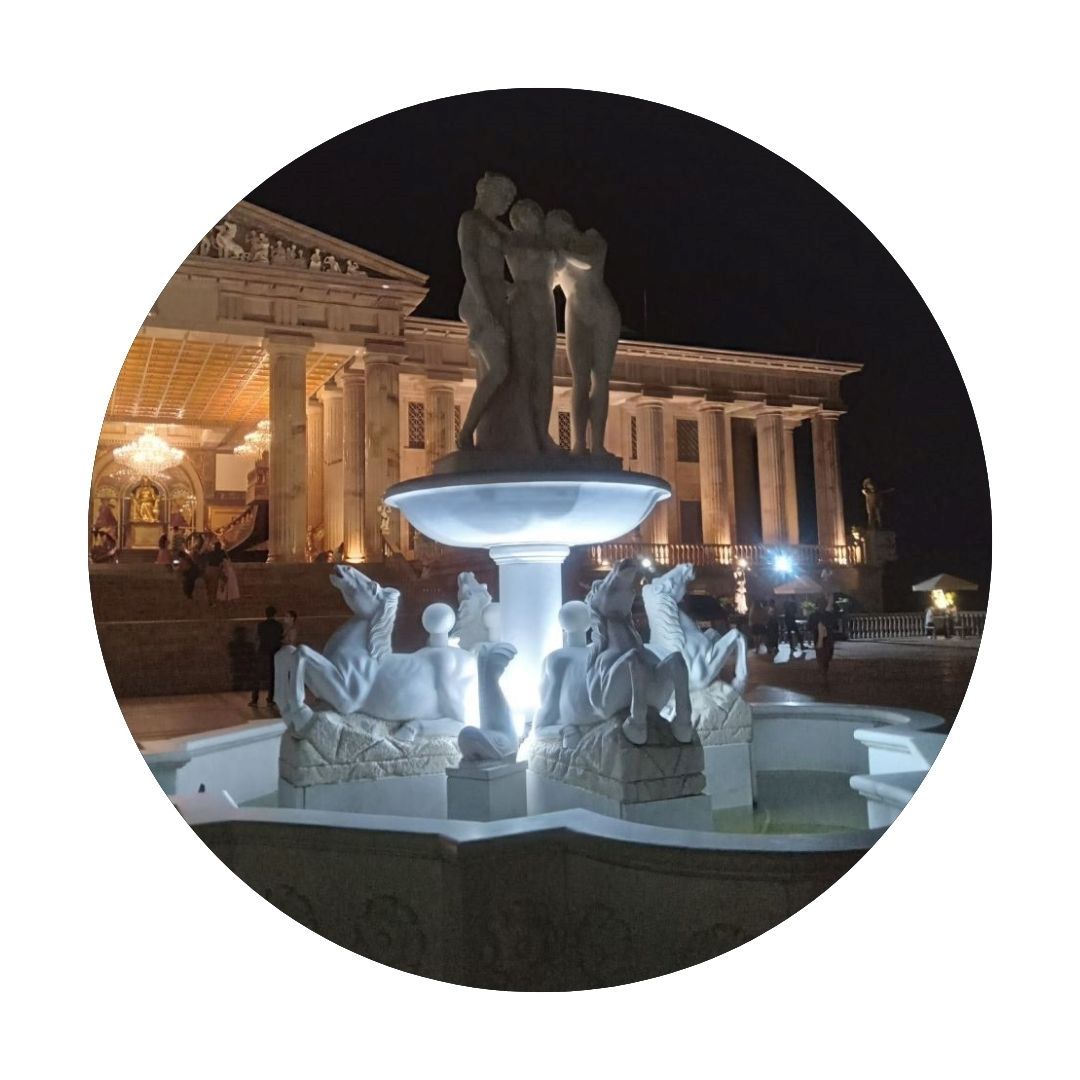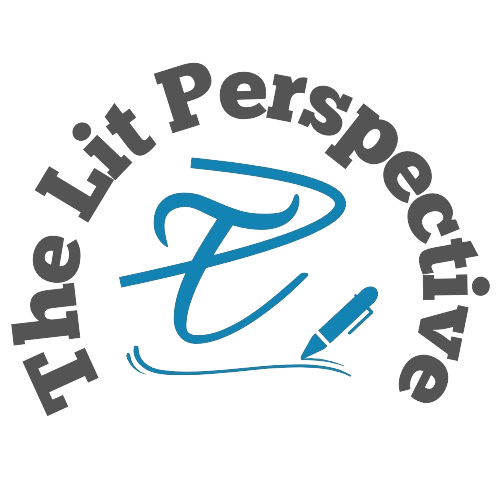TheLitPerspective is your one-stop shop for everything that ignites the spark of curiosity within you.

Diving Deep into Literature: Reading Beyond the Lines
Photo by Monstera Production
Diving deep into literature has its own glee and joy. Taking out an imaginary magnifying glass and pouring through the pages and the words of a text is a lot like looking for treasure!
Literature is a conversation. All art is. All art is merely translations. One mind to another. When writers write a story, poem, play, essay, or anything, they are putting down something that is to be translated. We may speak the same languages, some of us, but these languages are just tools, shapes, and faceless jigsaw pieces that don’t have intrinsic meaning until bestowed upon them. Only until we have sorted through them with our own mind can meaning and expression be fulfilled.
You can believe you have created the best piece out there, but if no one can engage with it, how can its richness be unlocked?
This is where literary analysis is a powerful tool for diving deep into literature. Through literary analysis, we can appreciate the craft and uncover the profound messages hidden within the written word.
Reading Beyond the Lines
If you just want to be entertained or informed about something, a cursory reading typically gets the job done. But if you want to truly engage with the work, then you need to start diving deep into literature.
When we are diving deep into literature, we don’t just consume the story. We become like scientists, dissecting it, much like a researcher trying to unveil the secrets of some specimen, organic or otherwise.
By taking apart what we are reading and inspecting each notable piece, we start truly diving deep into literature.
For example, examining the plot structure, the narrative flow, and the pacing reveals how an author can build suspense, create conflict, and deliver a satisfying conclusion. The analysis of character motivations, actions, and interactions allows us to understand their complexities and the author’s message about human nature. When reading poetry, symbolism, metaphors, similes, and other figures of speech are not mere decoration. They add layers of meaning, evoke emotions, and foreshadow future events. The choice of words and sentence structure are deliberate. Studying them, alongside whatever else, reveals the author’s tone, voice, and the overall atmosphere of the work.
Through literary analysis, we appreciate the intricate structure the author has painstakingly created. We see how each element contributes to the meaning, creating a richer and more rewarding reading experience.
Critical Thinking
Literary analysis is not just about appreciating the author’s work; it’s about sharpening our critical thinking skills.
We learn to question the author’s message, identify biases, and analyze the text from different perspectives. This kind of perspective is crucial for navigating today’s information-laden world.
Literary analysis also encourages us to draw connections between the text and the historical, social, and cultural context in which it was written. This allows us to understand the work’s relevance beyond its time and see how literature reflects and shapes our world.
When we analyze something, we uncover its underlying themes. These themes can be about love, loss, war, identity, or any aspect of the human experience. Recognizing these allows us to connect the literary work to our lives and better understand ourselves and the world around us.
Empathy and Communication
Literature is a mirror where we can experience different walks of life, cultures, and historical periods. Through analysis, we gain a deeper understanding of their motivations, desires, and struggles. This fosters empathy and broadens our perspective on the human experience.
Analyzing and discussing literature forces us to articulate ideas clearly and concisely, supporting our arguments with textual evidence and sound logic. The analytical skills developed through studying literature extend beyond the classroom. By diving deep into literature, we become more adept at interpreting and analyzing texts, from news articles and social media posts to business reports and legal documents.
Diving Deep into Literature
Literary analysis is not a one-time activity confined to classrooms. It’s a lifelong journey that deepens our appreciation for the written word. As we mature and our life experiences evolve, so will our understanding of the stories we revisit. Every rereading can unveil new layers of meaning, offering fresh perspectives and sparking new conversations.
Literary analysis transcends genres.
Whether we delve into the complex symbolism of poetry, the intricate character development in a novel, or the social commentary incorporated into a play, we embark on a journey of discovery.
With everything in mind, take a deep dive and get The Lit Perspective on literature!

Alex is a writer with two modes: simple and wild. He’s equally at home going either way. He always has something to say and something to offer, even if it’s only after a few minutes of furious googling. He loves reading and writing random stuff in his spare time.







